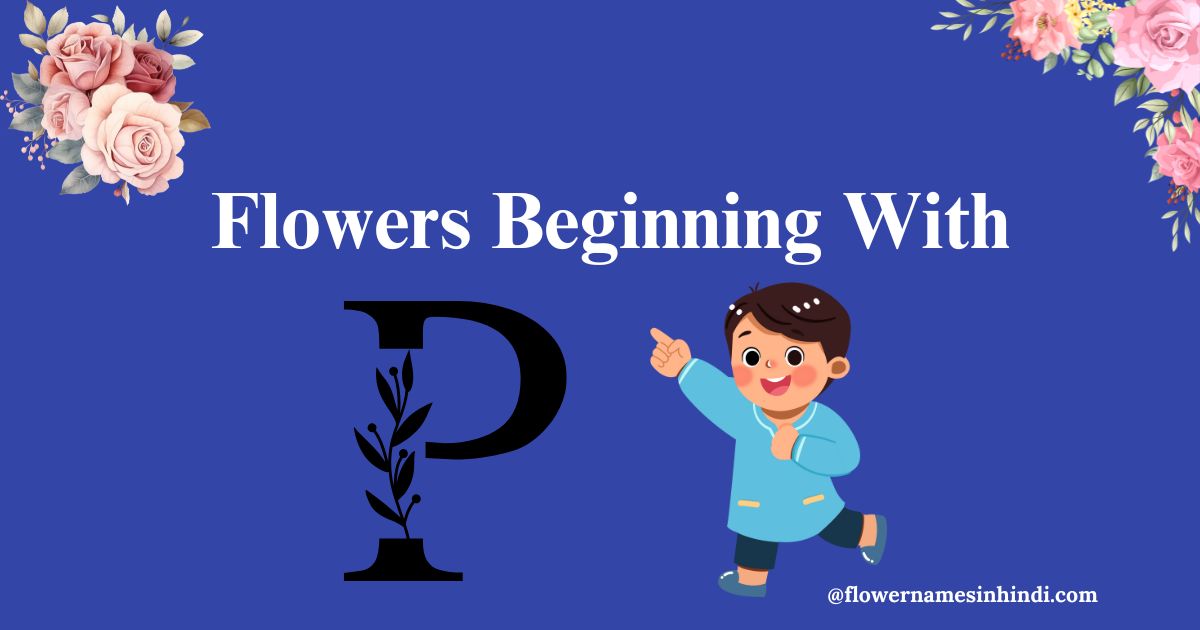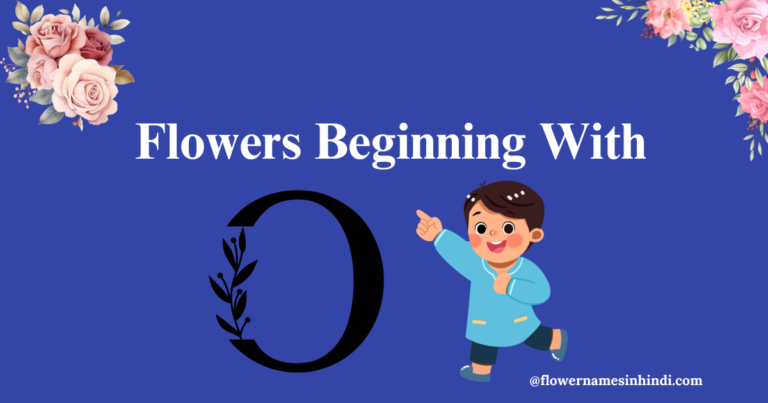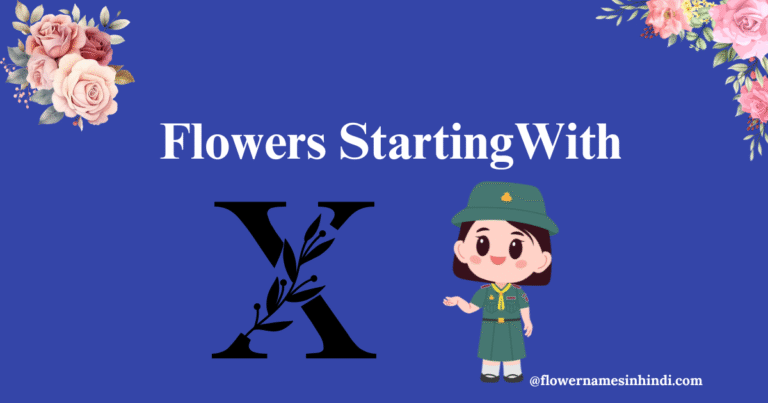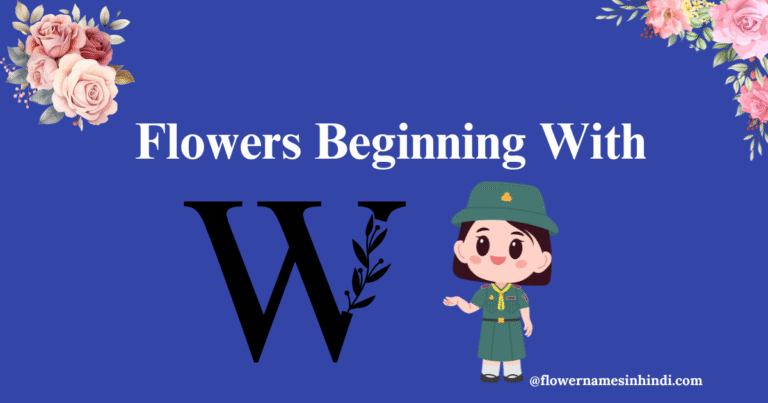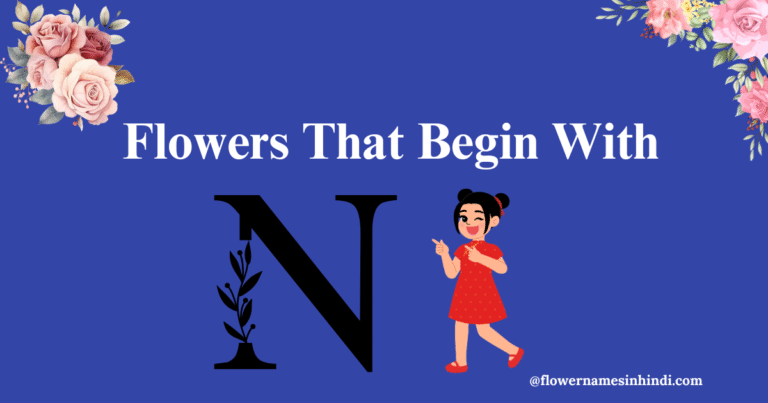13+ Spectacular Flowers that Start with P | You Must See
Think of walking in a garden full of colors and sweet smells. As you move around, you notice pink, purple, and soft pastel flowers. You stop for a moment and wonder what these blooms are called.
Today we explore flowers that start with P. This letter brings many pretty and unique flowers to discover. So if you love plants or just feel curious, keep reading. A garden of wonders is waiting for you!
🌼 Pansy
🌺 Peony
🌸 Petunia
💜 Phlox
🌴 Plumeria
🌷 Primrose
🔥 Protea
🌹 Poppy
💠 Periwinkle
🌿 Passionflower
Primrose
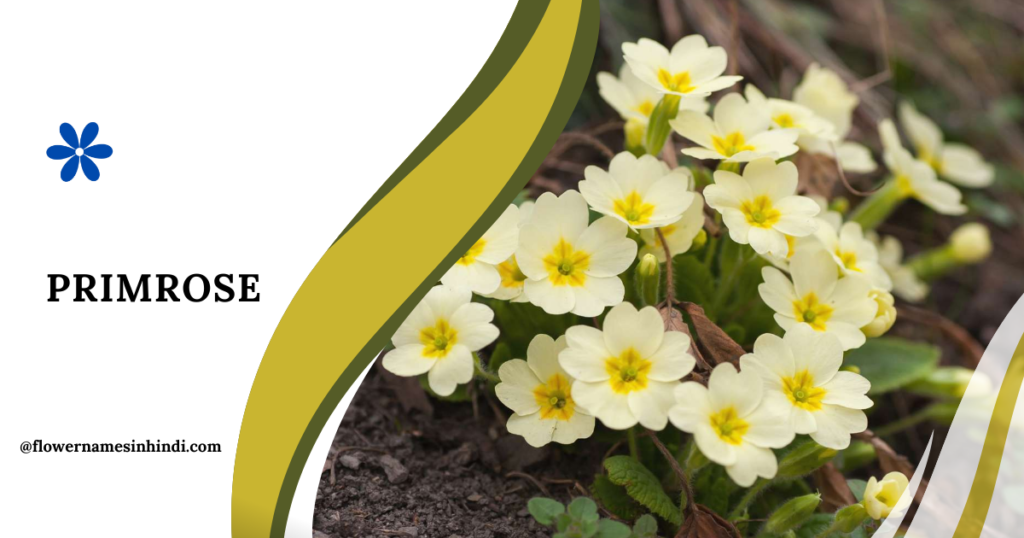
Primrose is a cute herbaceous flowering plant that belongs to the Primulaceae family. They have cute purple, red, yellow, blue, pink, or white coloured flowers that are clear signals of the arrival of spring. The word “primula” originates from “ primus”, meaning first.
Primroses love chilly summer climes; they prefer partial shade to avoid the strong heat of the sun. While many primroses tolerate direct sunlight, they often need regular or at least mild moisture levels. They generally do not like to dry out.
| Scientific Name | Primula vulgaris |
| Blooming Time | January to May |
| Symbolism | New Life, Youthm and Innocence |
| Number of Species | Around 500 Species |
| Native To | Europe and Western Asia |
Pansy | Flowers That Start With P
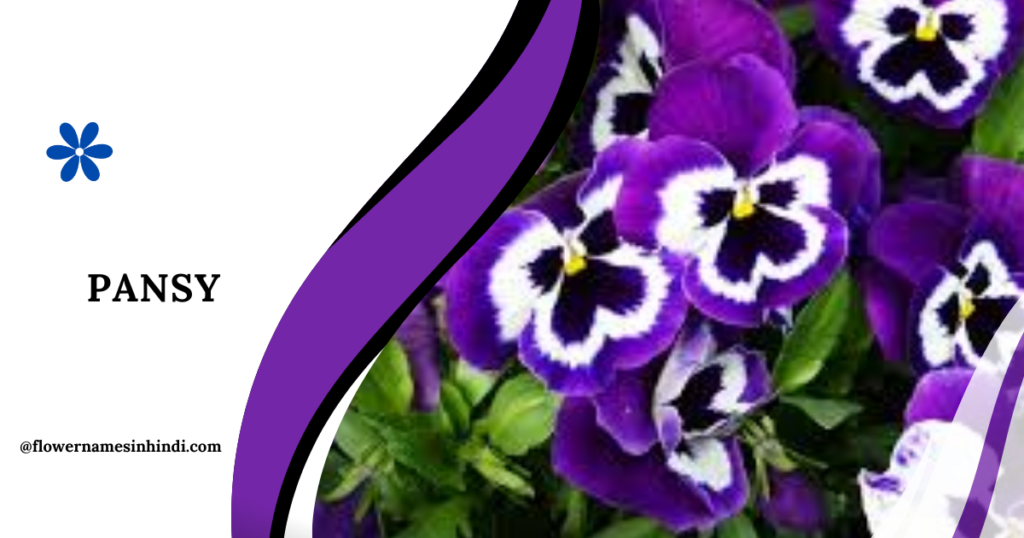
It is a polychromatic large-flowered hybrid plant, and therefore, it has become popular as a garden flower. Moreover, it originates from several species of the genus Violas section Melanium (the pansies), including V. tricolour. The name “Pansy” comes from the French word “pensée,” meaning “Thought“,
The flower has two petals on top that overlap slightly, two petals on either side and one bottom petal with a thin beard. Its diameter ranges from 2 to 3 inches The pansy is a true statement that adds brightness to any garden with its shades of purple, orange, yellow, and white.
Pansies are completely edible and are used to decorate cakes, salads, and drinks. They have a mild, slightly sweet flavor, making them popular in gourmet dishes and herbal teas.
| Scientific Name | Viola tricolor var. hortensis |
| Blooming Time | Spring to fall |
| Symbolism | Remembrance and Thoughtfulness |
| Number of Species | Hybrid species |
| Native To | Western Asia and Europe |
Poppies
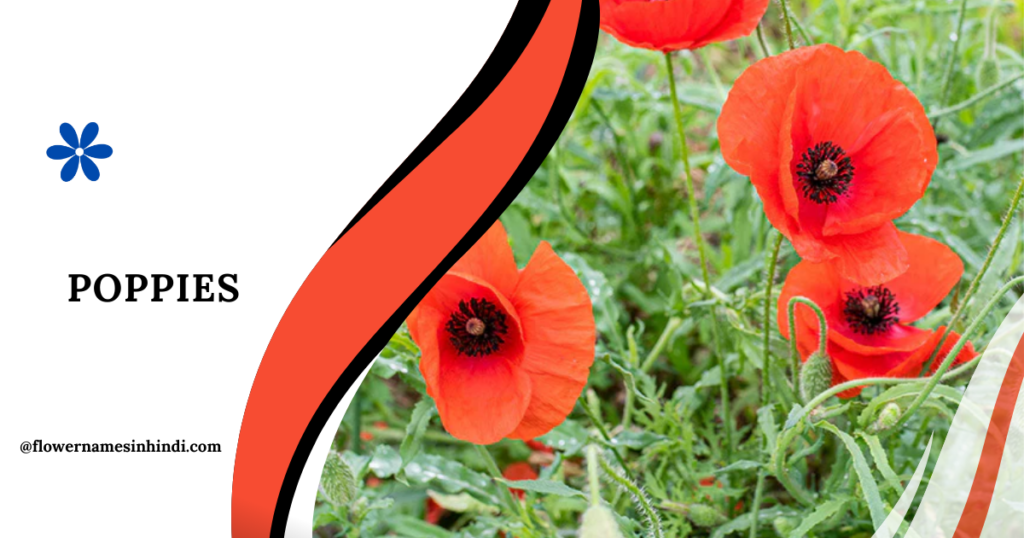
Poppies are one of the most paradigmatic flowering plants belonging to the Papaveraceae Family. They are lovable because of their attractive, bold colours and delicate petals. They come in beautiful shades of purple, red, white, pink, and white.
Its seeds are high in calcium, fat, protein, and carbs. Poppy oil can be used in items like butter, salad dressings, and cooking oils. Furthermore, its oil can be used in cakes or muffins.
In Greek and Roman mythology, poppies were associated with sleep, dreams, and even death. The Greek god of sleep, Hypnos, was often depicted holding a poppy.
| Scientific Name | Papaver spp. |
| Blooming Time | Spring to early summer |
| Symbolism | Remembrance and Consolation |
| Number of Species | 775 Species |
| Native To | Temperate regions of Asia |
Peony
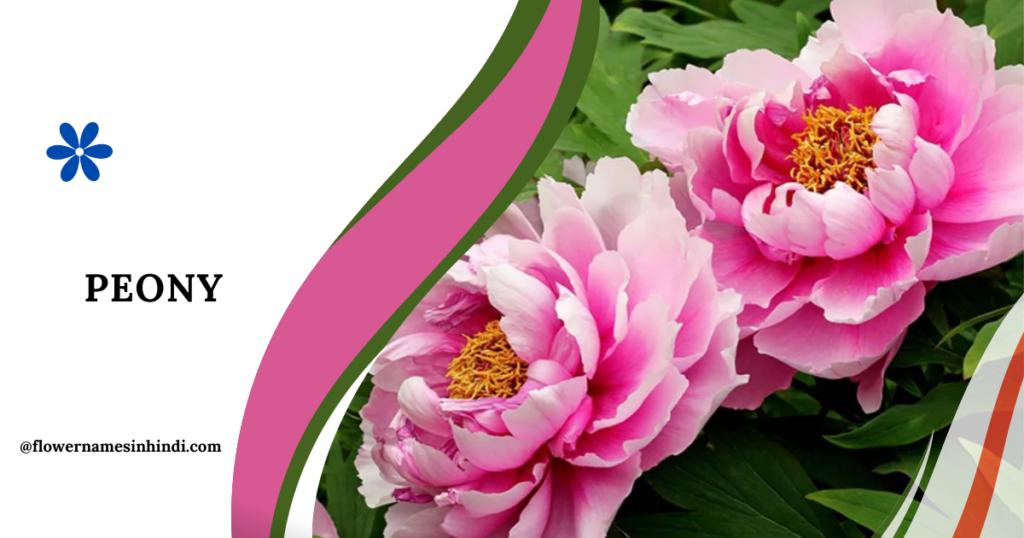
Peony is a unique herbaceous perennial flowering plant that belongs to the Paeoniaceae family. Peonies are attractive garden plants in cooler regions. Herbaceous peonies are also sold as cut flowers on a large scale; however, they are usually available only in late spring and early summer.
In addition, they are an old-fashioned flower that people love for their delicate fragrance and enormously eye-catching blooms. As it is grown from seed, it takes about 4-5 years to mature and produce flowers.
| Scientific Name | Paeonia spp |
| Blooming Time | Late spring to early summer |
| Symbolism | Honour, Wealth, and Romance |
| Number of Species | Around 33 Species |
| Native To | Western North America and Asia |
Pachysandra | Flowers That Start With P
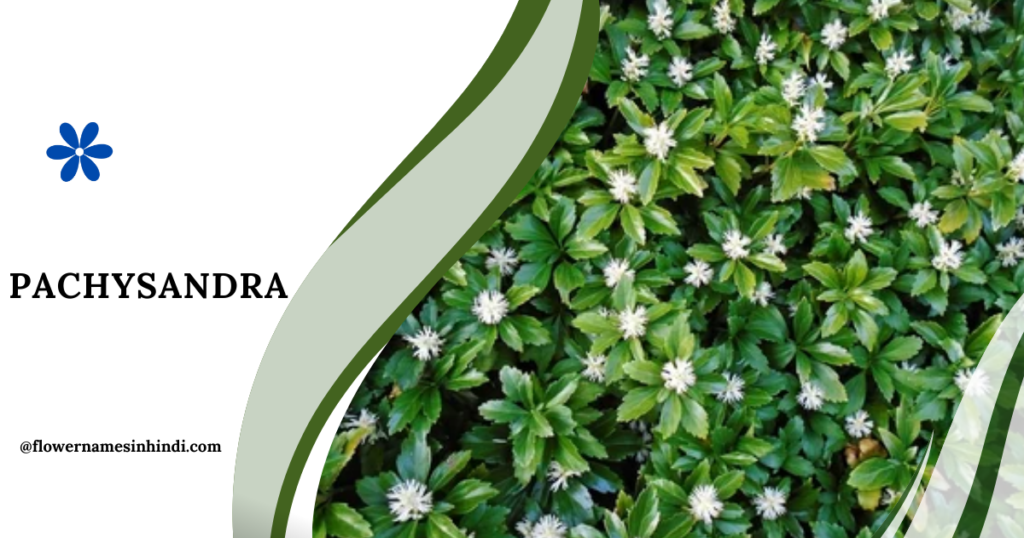
Pachysandra is an evergreen perennial shrub or ground cover that belongs to the Buxaceae family. It has dark green, lavish foliage and tiny cute uni-sexual white flowers, mostly used in the shaded area of gardens.
Newly sown Pachysandra requires mulch to preserve water, but once grown, mulching is no longer needed. Use only 1 inch of new fine or medium crushed mulThey loves shaded areas with humid and well-drained soil to flourish quickly.
Due to its dense growth habit and strong root system, Pachysandra is excellent for preventing soil erosion on slopes or in areas with loose soil.
| Scientific Name | Pachysandra spp. |
| Blooming Time | Spring to early summer |
| Symbolism | Happiness |
| Number of Species | 5 Species |
| Native To | Southwestern United States |
Petunia | Flowers Beginning With P
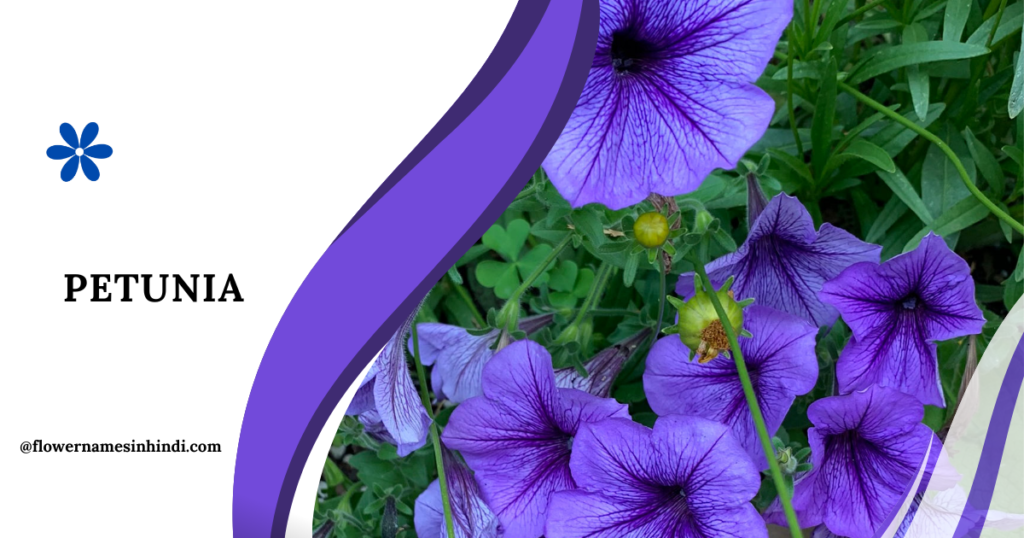
Petunia is an incredible flowering plant of the Solanaceae family. It is a creeping plant famous among many gardeners due to its bold and attractive color. They usually have trumpet-shaped flowers.
They are hardy plants and can tolerate extremely harsh conditions and hot weather but not frost. Petunia need at least 5+ hours of sunlight daily and thrive best in moist and humid soil.
Colorful hanging baskets can be filled with trailing or sliding types. Some colored flowers are striped and multicolored, while others are pink, purple, and white in color.
| Scientific Name | Petunia spp. |
| Blooming Time | Spring to fall |
| Symbolism | Anger |
| Number of Species | 35 Species |
| Native To | South America |
Phlox
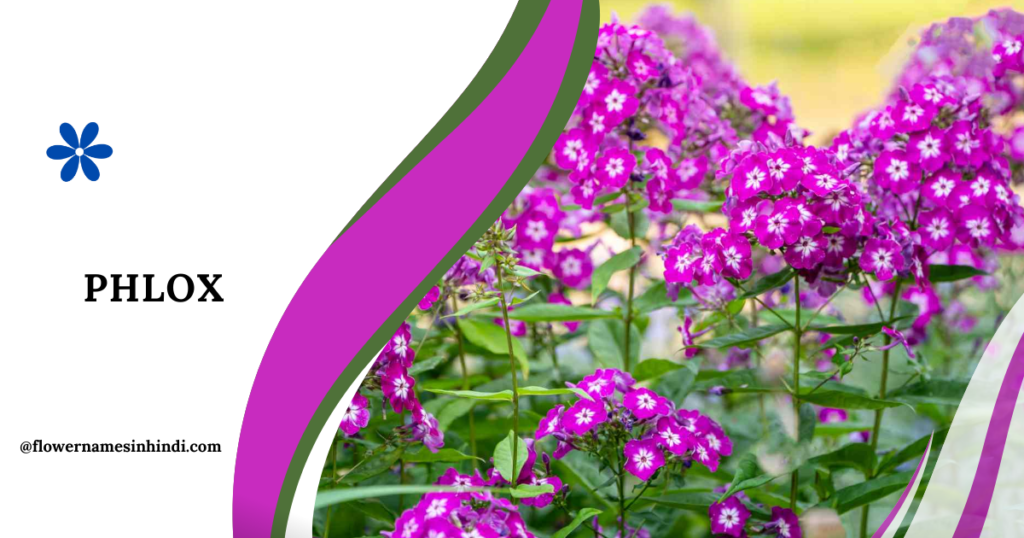
Phlox is a perennial and annual flowering plant genus that belongs to the Polemoniaceae family. The word “Phlox” is derived from the Ancient Greek word “φλόξ “ which means “Flames”. These flowers are cultivated because of their sweet and soothing fragrance.
It is self-sufficient, but it would be great if we consistently watered, especially during droughts. Cutting old flowers helps them maintain their health and boost the blooming period.
Indigenous peoples and herbalists have used some phlox species in traditional medicine for treating minor ailments like colds and digestive issues.
| Scientific Name | Ranunculus asiaticus |
| Blooming Time | Spring to summer |
| Symbolism | Rdiant charm and attractiveness |
| Number of Species | More than 1730 Species |
| Native To | Eastern Meditarian regions. |
Peruvian Lily
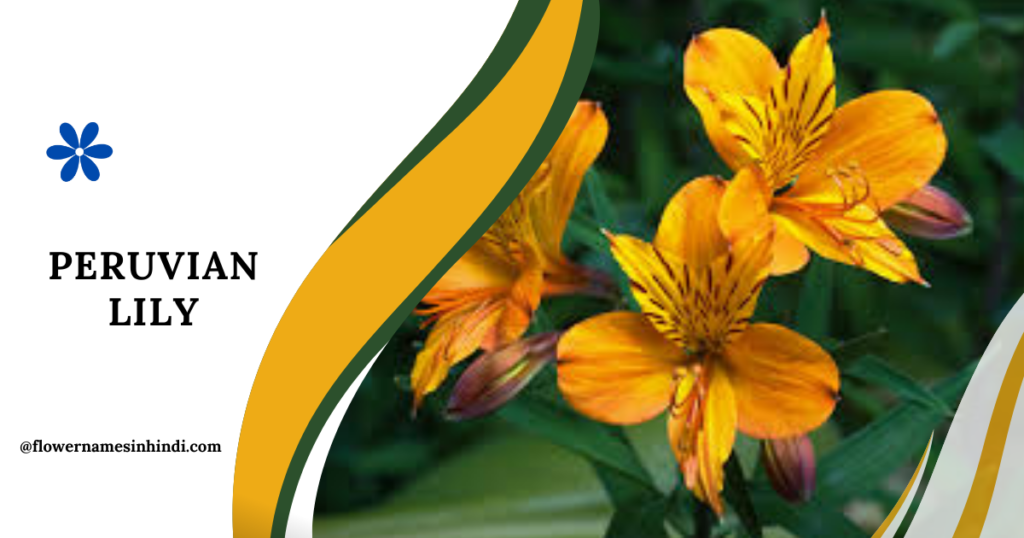
The Peruvian lily, also known as the “Lily of the Incas,” is a highly inspiring flower that belongs to the Alstroemeriaceae family. They generally bunch up on tall stems so that they can be rather showy in garden borders and beds.
Flowers are either independent or borne in clusters. The six petals of the flowers can reach up to two inches in length. They seem in multiple shades of red, yellow, orange, green, pink, purple, and white.
Peruvian lilies have a unique stem structure. Their stems twist 180 degrees as they grow, causing the flowers to appear upside down before straightening upright.
| Scientific Name | Alstroemeria spp. |
| Blooming Time | Spring to fall |
| Symbolism | Friendship and Devotion |
| Number of Species | Approximately 50 Species |
| Native To | South America |
Persian Buttercup | Flowers Beginning With P
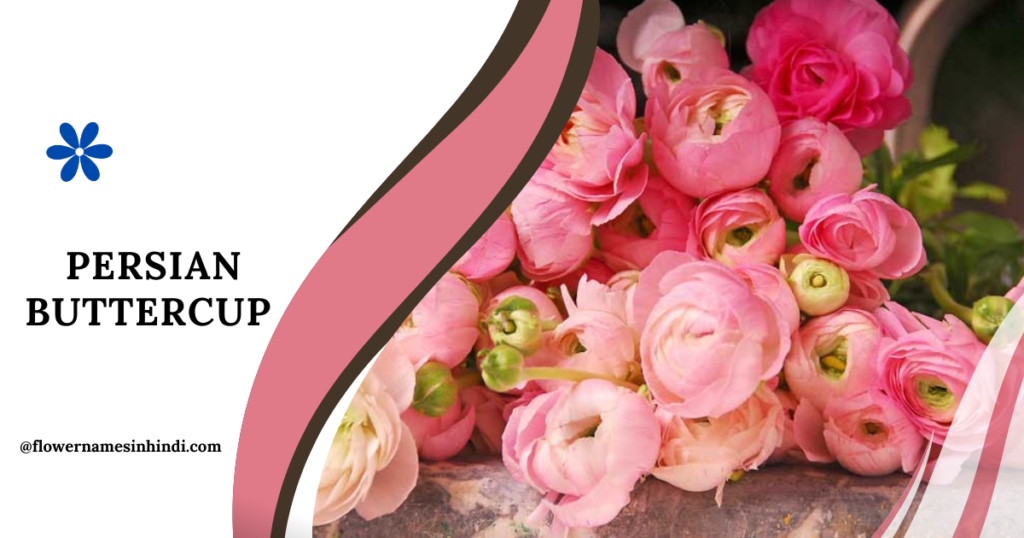
The Persian Buttercup is an attractive flower that belongs to the Ranunculaceae family. They have rose-like, piled, colorful flowers. The flowers can grow up to 3–5 cm in diameter and come in red to pink, white, or yellow colors.
Persian Buttercups are known for their diverse petals and rows and their spherical-shaped flowers. They grow best in well-drained soil, under full sunlight to partial shade, but they also thrive in sunny areas.
| Scientific Name | Ranunculus asiaticus |
| Blooming Time | Spring to summer |
| Symbolism | Rdiant charm and attractiveness |
| Number of Species | More than 1730 Species |
| Native To | Eastern Meditarian regions. |
Penstemon | Flowers Starting With P
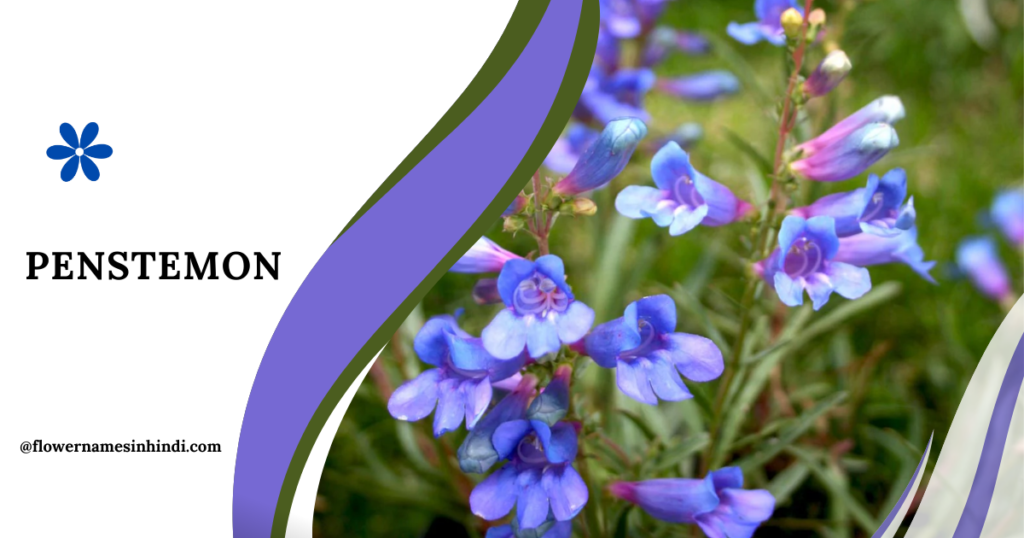
Penstemon, or beardtongue, is a fascinating perennial flowering plant admired for its charming flowers and the time of its blooming. It belongs to the Plantaginaceae family.
They come in various colours, including red, white, purple, and pink.
They have low water requirements and, once established, require a minimum water supply.
Deadheading discarded flowers can encourage them to re-flower, and cutting in late fall or early spring helps maintain their form and health.
Plumbago

Plumbago is a cute little flower belonging to the Plumbaginaceae family, having clusters of white or light blue flowers. It is an evergreen shrub, also known as “Leadwort”, mainly used to cover the garden ground or in containers.
The plubago plant spreads and produces a cluster of little, conical flowers. The most common variety has blue flowers but also white-flowered variants. Its brilliant green leaves make it an ideal background for these vividly colourful blossoms.
| Scientific Name | Plumbago |
| Blooming Time | May to October |
| Symbolism | Hope and Good wishes |
| Number of Species | 23 Species |
| Native To | Worldwide |
Portulaca | Flowers Starting With P
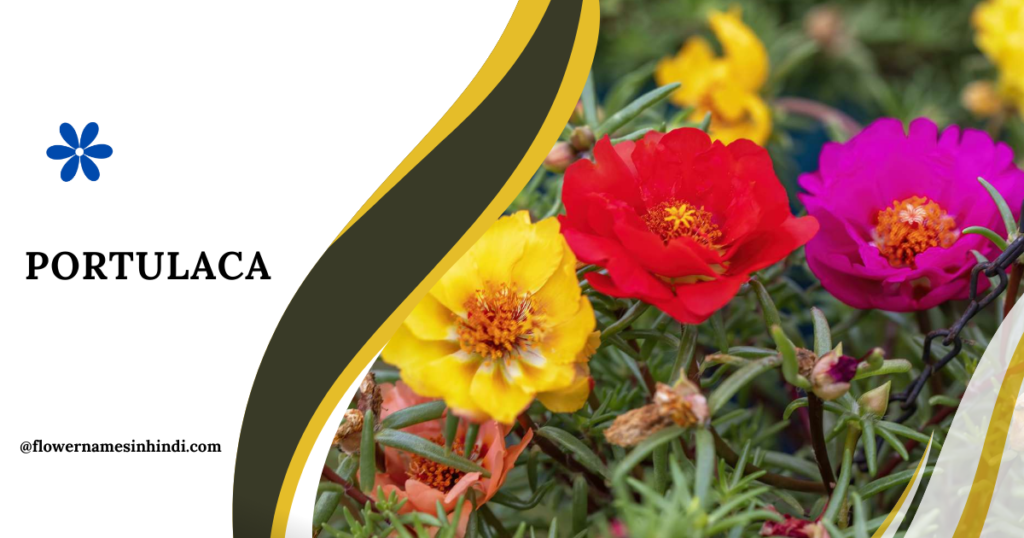
Protulasa is a succulent plant that belongs to the Portulacaceae family. It is also known as “Table Rose,” “Mexican Rose,” “Rock Rose,” and “Sun Rose”.
Unlike these names and the apparent appearance of some varieties’ blooms to roses. However, it is not a true rose or part of the rose family; instead, it is much more closely related to carnations and cacti.
Portulaca grows perfectly in full sunlight and well-drained, sandy, moist soil. It has endured droughts and requires very little irrigation once grown.
| Scientific Name | Portulaca grandiflora |
| Blooming Time | Summer to Autumn |
| Symbolism | Dedication and Passion |
| Number of Species | 100-125 Species |
| Native To | Brazil and Argentina |
Periwinkle
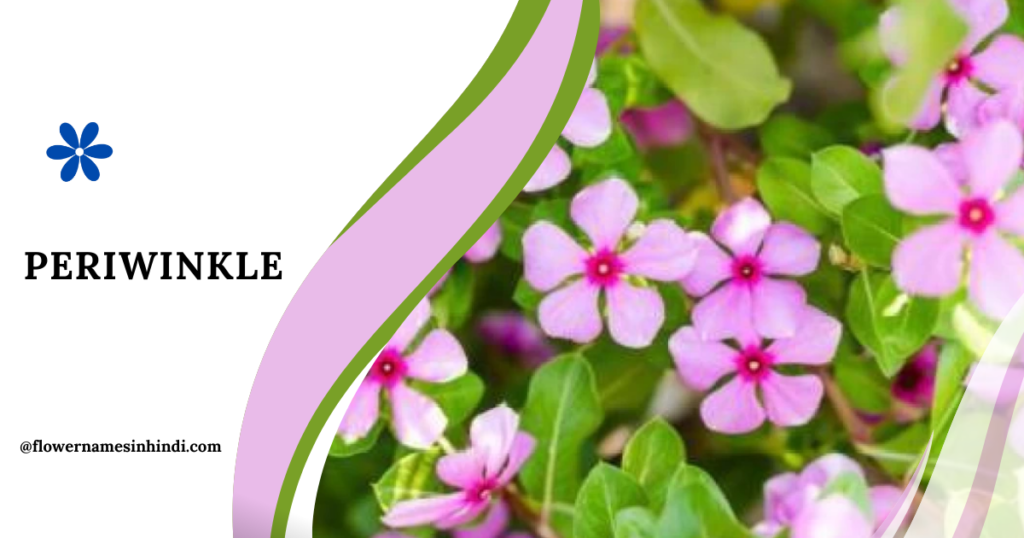
Periwinkle is a delicate and flowering plant member of the Apocynaceae family. It is a hardy plant with clear leaves and charming blue, purple, and white flowers.
Their flowers are funnel or star-shaped and could be single or double. These flowers treat various kinds of cancer, some non-cancerous diseases, lymphomas, pediatric malignancies, leukaemias, and other disorders.
These plants bloom wonderfully in moist soil under full sunlight to partial shades. They are also resistant to tolerance, requiring less watering once established.
| Scientific Name | Vinca |
| Blooming Time | Spring to Fall |
| Symbolism | Romance and Everlasting Love |
| Number of Species | Approximately 10 Species |
| Native To | Europe |
Conclusion
Exploring flowers that start with P has been a delightful journey filled with color and charm. From the soft grace of white blooms to the striking beauty of peonies, each flower brought its own magic to the list.
Every P-flower carries a unique story, reminding us of the endless variety nature offers. And the best part? The floral alphabet adventure is just beginning, with so much more waiting to be discovered. 🌸

